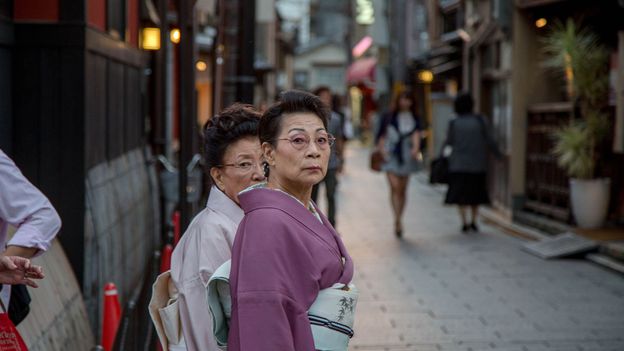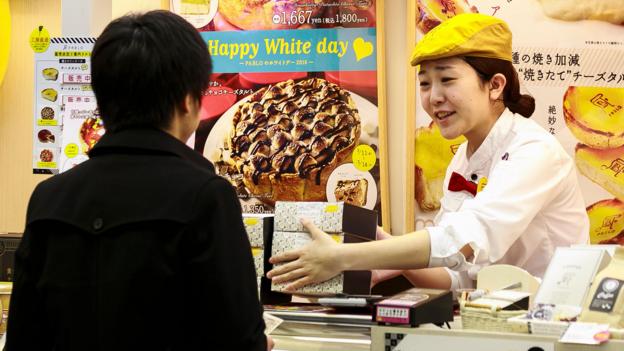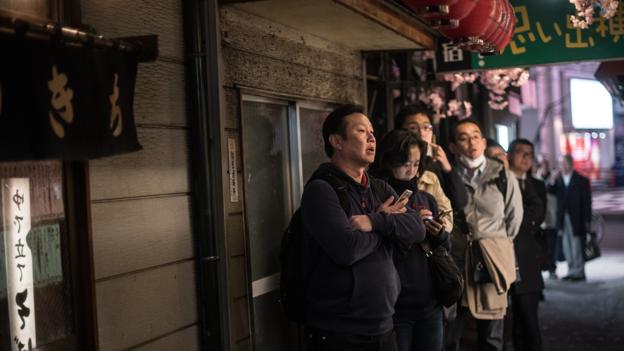Goto of the Woodrow Wilson Center says there is a stringent code for what it means to be Japanese. “It’s not simply about citizenship: it’s about race, it’s about language, it’s about body language. All of these subtle things that a non-Japanese would not get.
“But there is, increasingly, a more open perspective,” she adds. “I think [Japanese] have more opportunities to be with people who are not like them in a way that was not conceivable even 10 years ago.”
As society ages and as the Olympics approach, the pressure is intensifying on Japan to figure out how to bring in desperately needed labour from overseas.
Those moving to Japan need to know what they’re getting into, says Shrestha. He enjoys living in Japan, but says it is a place where “hard work is worshipped and rules are followed”. “It is better to come with some knowledge of Japanese culture and rules of daily life,” he says.
Meanwhile, the government will likely spend much of 2019 wrestling with an acceptable foreign worker solution. Until it can do that, the labour problem isn’t going anywhere.
—
Bryan Lufkin is BBC Capital’s features writer. Follow him on Twitter @bryan_lufkin.
To comment on this story or anything else you have seen on BBC Capital, please head over to our Facebook page or message us on Twitter.
If you liked this story, sign up for the weekly bbc.com features newsletter called “If You Only Read 6 Things This Week”. A handpicked selection of stories from BBC Future, Culture, Capital and Travel, delivered to your inbox every Friday.













